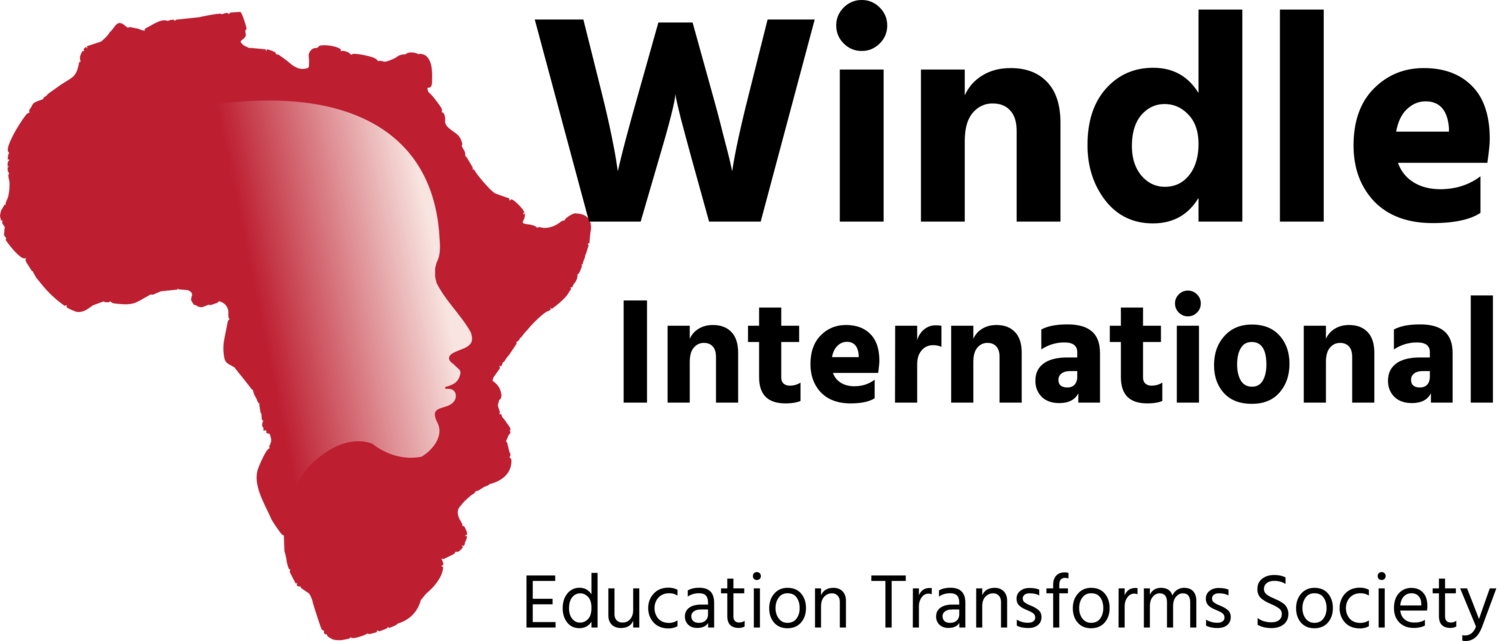Four reasons why education transforms society
We believe education transforms society. We are one of the only international NGOs focusing solely on education for refugees and marginalised communities. Our expertise and passion is drawn from and has fuelled our work in Eastern Africa for over forty years.
Education is a basic human right. Children and young people who have lived through conflict and experienced being marginalised within society have often had their education interrupted, sometimes for many years. Their chances of succeeding and being able to live a happy, safe and fulfilled life are affected, which in turn has a huge impact on future peace and development.
We passionately believe that those who have been affected by conflict and marginalisation should be the architects of creating peaceful societies, which is why we focus on giving children the best possible start in life through education, and in providing the means for those who have the ability, to further excel in their chosen field.
Windle International has been an outspoken and passionate advocate for the importance of education for refugees and conflict-affected communities, long before it was deemed a strategic priority by the international community. Whilst we have made significant progress, with aid agencies recognising its importance, there is a very real danger that, among the competing needs for humanitarian aid during the current multiple crises around the world, education will be left behind.
Four reasons we believe Education Transforms Society:
1. Education transforms the life of an individual and also that of their community. It enables refugees and people who have been affected by conflict or marginalisation to make a constructive investment in their future, and overcome the challenges they face.
2. Education builds the confidence of people who have been marginalised, especially women in the contexts of our work, so that they can advocate for themselves.
3. Education fosters co-operation and understanding between people with different beliefs, ethnicities, and tribal backgrounds and minimises the potential for outbreaks of violence within refugee camps and settlements.
4. Education breaks the cycle of conflict by providing refugees with the skills they need when they return to their country of origin. Not investing in education leaves communities without the skills to manage peaceful development.

